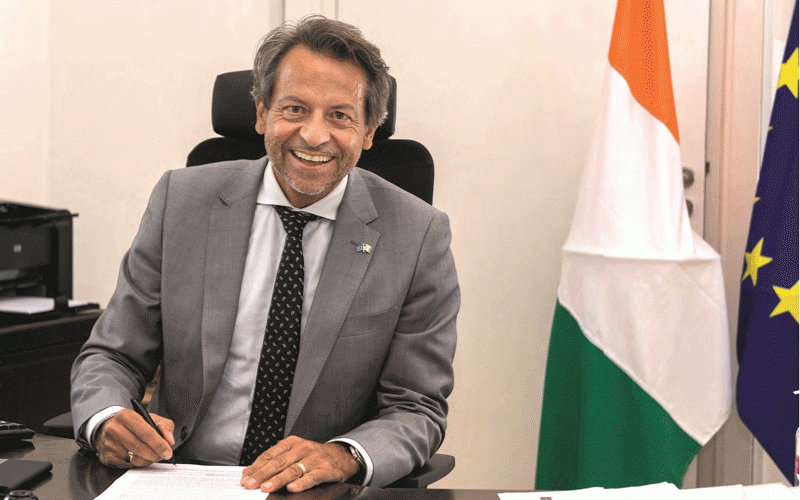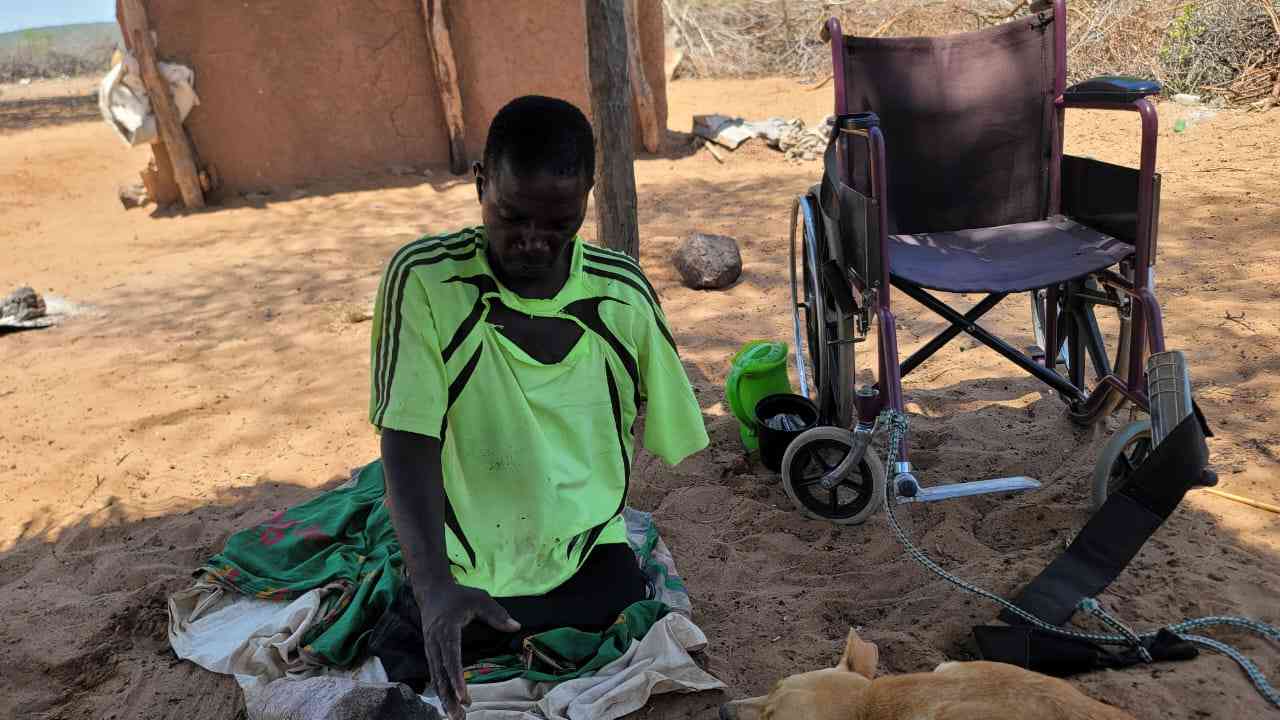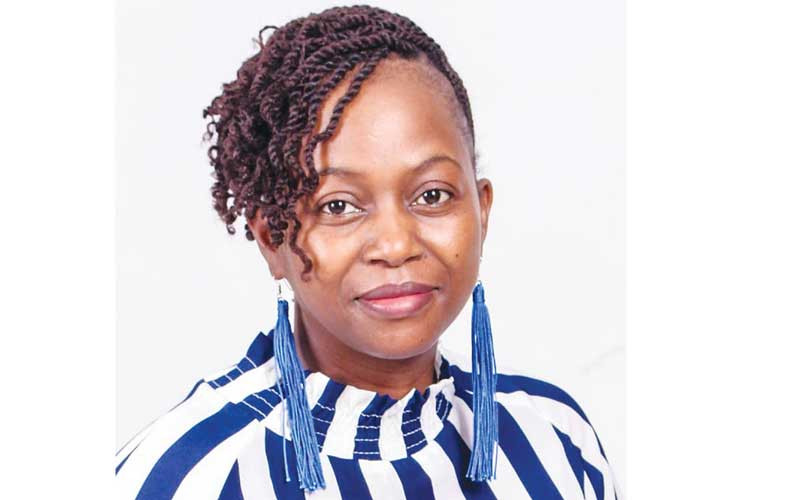
EUROPEAN Union (EU) ambassador to Zimbabwe, Jobst Von Kirchmann has hailed this year’s EU festival as a key Zimbabwe-EU platform that is fostering the growth of the local film industry.
The three-day festival held in the capital under the theme Crossing Borders ended yesterday having breathed a new life to Harare’s Mbare high density suburb.
From Harare, the festival will head to Bulawayo beginning this Thursday up to Saturday.
It was a treat for film fanatics as 36 movies, six from Europe, 20 from Africa and 10 including short films from Zimbabwe were showcased in addition to workshops and masterclasses.
“Movies serve as a universal language for cultural encounters, transcending boundaries and uniting people through shared stories. I was happy by the level of cooperation shown by the stakeholders in the European Film Festival Zimbabwe,” Kirchmann said.
Ministry of Sports, Youth, Arts and Recreation permanent secretary, Nicholas Moyo expressed his gratitude over how the Mbare Art Space (formerly Marengenya bar) has been transformed to be a meeting place for all and sundry.
“Bringing the festival to Mbare Art Space is breaking barriers, that is breaking barriers by crossing borders. Embassies and stakeholders in the arts industry must continue making the Mbare Art Space their preferred home for events and merriments,” he noted.
Mbare Art Space has produced globally-acclaimed artists with great art works which have been a soft diplomacy for partnerships between Zimbabwe and several European countries.
- Revisiting Majaivana’s last show… ‘We made huge losses’
- Edutainment mix: The nexus of music and cultural identity
- ChiTown acting mayor blocks election
- Promoter Mdu 3D defends foreigners 30 minute set
Keep Reading
Moyo said through the Film Strategy Blueprint, the National Arts Council of Zimbabwe (NACZ) and the government have resolved to make 2024 the year of film during which the film industry will be the centre of development to realise the film policy goals.
Founder of Mhondoro Dreams productions and organiser of Nyamatsatse Festival, Klara Ana Rosa, echoed the same sentiment that local filmmakers were doing wonders with limited resources.
“I am glad the films here are tackling cultural issues as well as development issues. We wish to have more resources channelled towards the making of such films,” Klara noted.
During the National Film Policy Round Table Zoom conference facilitated by veteran filmmaker and actor Stephen Chigorimbo, it emerged that there was need to solidify government’s film policy reforms as well as the formation of associations and guilds.
Provincial NACZ arts manager, William Ndinde, said the film strategy would provide leverage and spearhead other existing efforts like gender equality, the NACZ Strategic Plan 2021-2025, inclusivity and growth and ensuring sustainable production and consumption patterns.
Prominent actor and film maker, Angeline “Mai Gweshegweshe” Dimingo said the conference was important because it had highlighted that strong unions, effective policy implementations and enabling partnerships drove the success of the European Film Industry.
A performance of old township jazz classics by Mbare Fouristers, a jazz outfit tailor-made to continue the legacies left by the Mbare Trio and other Mbare legends, charmed Kirchmann.
The Mbare Fouristers consisting of Isaac Chirwa (lead guitar), Filbert Marova (keyboards) and Clancy Mbirimi (bass) performed such songs among them Wekumbare, Bhutsu Yangu Yapera Hiri and the popular Mannernberg by legendary Abdul Abrahim.
The group was introduced on stage by music writer, singer and lecturer Joyce Makwenda.
Mbare visual artist Takunda Regis Billiat stunned the audience with his old slippers rendition as he artistically interpreted the red carpet.







